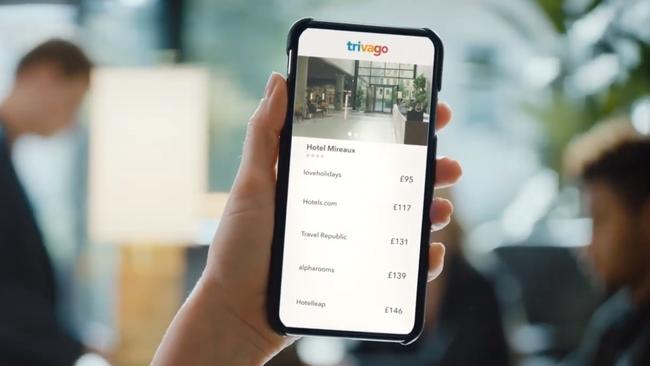Trivago loses appeal on misleading claims
Watchdog hails ‘win for consumers’ after court affirms ruling that the hotel comparison site misled over cheapest rooms.

The Federal Court has thrown out an appeal by hotel comparison site Trivago, affirming a judgment that found the travel tech company had breached Australian consumer law when it suggested its first placed prices were the best, when in fact they were simply the prices generating the highest Trivago commissions.
A ruling in January 2020 found that Trivago aired misleading claims more than 400,000 times from late 2013 to mid-2018, and gave consumers the impression that they were getting larger discounts than they were actually receiving.
The Federal Court found that Trivago did not adequately disclose its use of an algorithm that selected accommodation providers that paid Trivago the highest payments – rather than being the best deal for consumers – and that the company often misleadingly compared the rate for a standard room with the rate for a luxury room at the same hotel.
Justice Mark Moshinsky said in his ruling in January that “the Trivago website did not quickly and easily identify the cheapest rates available for a hotel room responding to a consumer’s search’’.
“Importantly, in at least some cases, the cheapest offer for a hotel room was filtered out and therefore did not appear on the Trivago website,” he said.
Trivago appealed in March, but the full bench of the Federal Court on Wednesday upheld the original ruling and will now decide penalties and other orders.
“This is a win for consumers and is an important warning to comparison sites that they must not mislead consumers about the results they recommend,” ACCC Chair Rod Sims said.
“We brought this case because we were concerned that consumers were being misled by Trivago’s claims that their site was getting the best deal for consumers, when in fact they were shown the deals that benefited Trivago.
“Trivago’s conduct meant that consumers may have paid more for a room at a hotel than they should have, and hotels lost business from direct bookings despite offering a cheaper prices.”
Trivago was contacted by The Australian on Wednesday but declined to comment on the ruling.
In January, Mr Sims said the penalties for most of what Trivago has been found guilty of doing could reach up to $1.1m per breach, with a small amount of the behaviour coming under a newer penalty regime of up to $10m per breach or 10 per cent of turnover, whichever was highest.
“Usually, the court aggregates these things. We’ll be seeking penalties in the millions,” he said at the time.
He also urged consumers to “be very sceptical” when booking with hotel aggregating sites.
“Have a good look at how the company is making its money. They’re never doing anything for free on the internet. They’re always out to make money from you,” Mr Sims said.
Travel industry veterans said the ruling might have far-reaching implications for online booking websites, possibly forcing platforms to reassess whether they should take revenue from sponsored listings.
“Marketing in online travel is brutal and intensely competitive. There are billions of dollars to earn each year by being the best at travel marketing,” Rod Bishop, the boss of ASX-listed travel booking company Jayride, told The Australian in January.
“It must be tempting to squeeze out that little extra with a sponsored listing but it’s extremely important to remain impartial and transparent.”



To join the conversation, please log in. Don't have an account? Register
Join the conversation, you are commenting as Logout